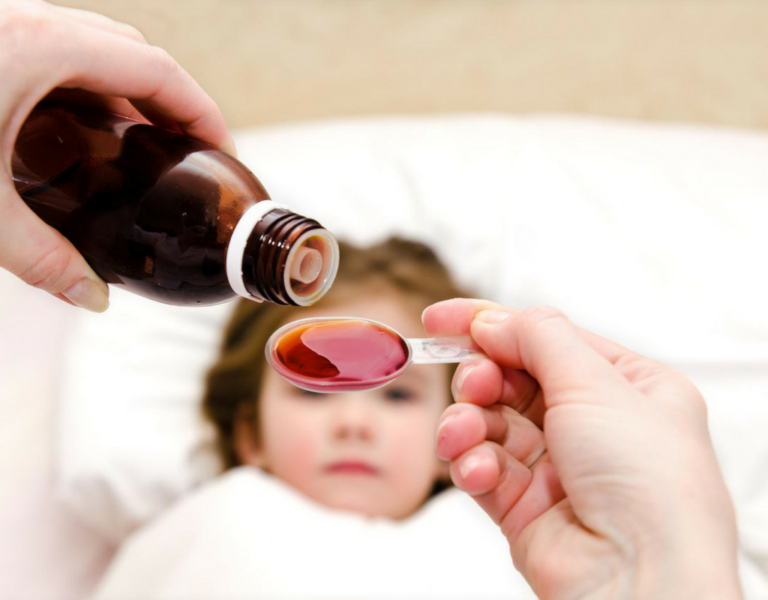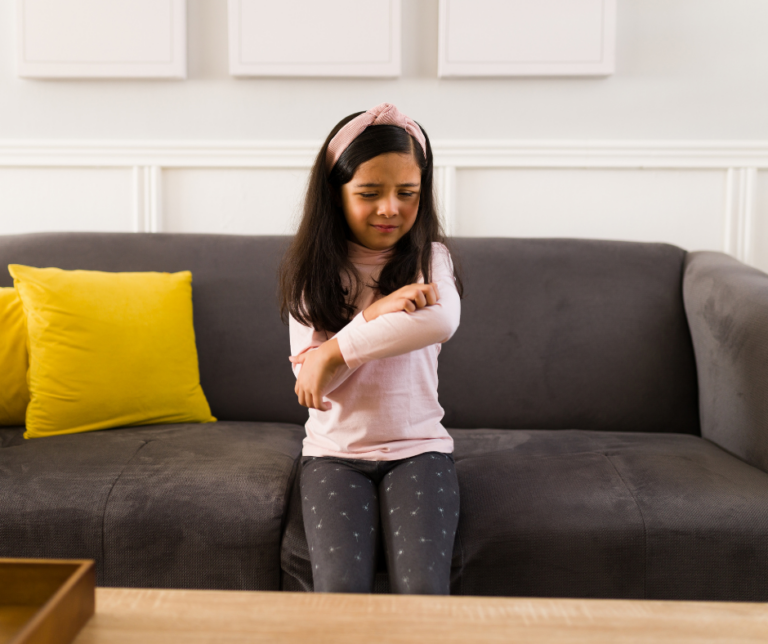By spending a few minutes learning about how infections are spread, you may be able to significantly reduce the number of times you and your children become ill this winter.
Despite many people’s beliefs, colds are not caused by being cold; they actually spread from one person to another. The germs that cause colds and flu are found in the secretions from our noses, mouths and eyes. The germs spread when people sneeze, cough or blow their nose, allowing the particles to travel up to 6 feet into the surrounding environment. They can then infect people directly or may come to rest on nearby objects. Viruses and bacteria can live for several hours on surfaces such as toys, tables and doorknobs. When someone touches the contaminated object, then touches their nose, mouth or eyes, the cycle of infection continues.
To help break this cycle and prevent infection, follow these suggestions:
Wash hands frequently! This is the single most important step you can take to prevent illness.
- Hands should be washed before eating and after sneezing, coughing, blowing your nose, using the bathroom, changing diapers, playing with animals or playing outside. According to the CDC, a study of 305 school children found that youngsters who washed their hands 4 times a day had 24% fewer sick days due to respiratory illness and 51% fewer days with upset stomach.
- Hands should be washed with warm, soapy water (not necessarily with antibacterial soap) for 15 to 20 seconds. This is about the time it takes to sing the “Happy Birthday” song twice.
- If you don’t have access to soap and water, use alcohol-based hand sanitizer gels or hand wipes.
- If you have an infant, don’t allow people to touch him or her without washing their hands first.
Cover your mouth and nose when you sneeze or cough.
- If you don’t have a tissue available, then use your upper sleeve so that germs won’t be spread to your hands.
- Always wash your hands after sneezing, coughing or blowing your nose.
Try not to touch your mouth, nose or eyes.
- This will help prevent spreading infection when you are ill and will also protect you from germs you might pick up in the environment.
Don’t smoke around your children.
- Exposure to smoke increases the frequency and severity of colds and other respiratory infections.
For more information, see https://www.cdc.gov/tobacco/secondhand-smoke/health.html.





